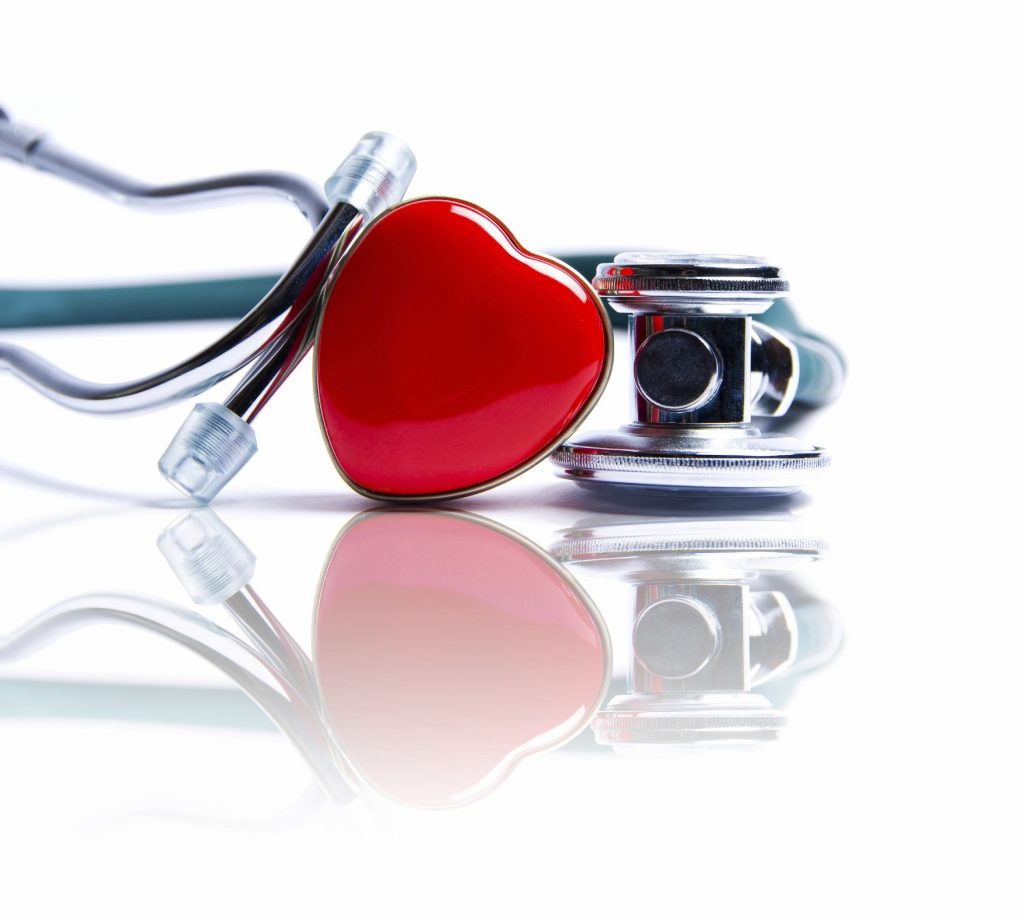Your Heart And Your Hearing: How They Are Connected
Contributed by Ryan Peterson.

It may not be obvious to many, but did you know that the health of your heart is closely connected to your hearing? But why? How can they be so closely related? Well, it’s all to do with the blood flow, and studies have shown that good circulation plays a role in maintaining good hearing health.
Did you know that heart disease is the leading cause of death in both men and women, and it kills almost 610,000 people every year in the United States according to figures from the Centers for Disease Control (CDC)? People who suffer from cardiovascular disease often have a variety of medical issues which affect the structure and vessels of the heart, and the most common types include those which narrow or block vessels leading to chest pain, or a heart attack or stroke. Others include those which affect your heart’s muscles, valves or rhythm.
So, what about the ear, then? Well, if you have inadequate blood flow and trauma to the blood vessels of the inner ear, this can contribute to hearing loss.
According to Professor and Vice Chair of Otolaryngology and Communication Sciences David R. Friedland, M.D., Ph.D, one of the researchers from the Medical College of Wisconsin who has been studying the relationship between hearing health and cardiovascular health for many years: “The inner ear is so sensitive to blood flow that it is possible that abnormalities in the cardiovascular system could be noted here earlier than in other less sensitive parts of the body.”
There are delicate hair cells in the cochlea, which is the spiral cavity of the inner ear and contains the organ of Corti, which produces nerve impulses in response to sound vibrations. These nerve impulses play an essential role in translating noise which your ears collect. These then go into electrical impulses, and the brain interprets them as recognizable sound. So for this, your ears must rely on good circulation as poor circulation takes the oxygen from the hair cells, and as the hair cells do not regenerate, it results in permanent hearing loss.
If you experience sudden hearing loss, then this can be a sign of cardiovascular disease. If this happens, you should have both your hearing and heart both checked and as you get older you should have your hearing and heart regularly anyway, and if you have been diagnosed with a heart condition then you need to pay particular attention to your hearing health.
So, if you are noticing your hearing or your heart aren’t quite as sharp as they once were, then there is time to do something about it before the problem gets any worse.
When it comes to your hearing, you might not notice it at first yourself, but what you might notice is other people. Are people complaining that you have the television too loud or that you are asking people to repeat themselves more often than usual? Or perhaps you’re struggling to follow conversations because of background noise? Or if you notice ringing or hissing in your ears, then you could already have some degree of hearing loss. This can start at any age, although it is significantly higher in people who are 65 or older, but it is not a guaranteed consequence of ageing as some types of hearing loss can be prevented. For example, minimizing your exposure to loud noise and not listening to music through headphones with the volume all the way up are advisable ways to protect your ears and always make sure that you wear earplugs or protective earmuffs if you are exposed to very loud noise.
Loss of hearing can be embarrassing for some, and it can also affect your social life as well as it can feel very isolating. Do make sure that you have regular check-ups and go and see the doctor at the first sign of any issues and don’t be afraid to get any treatment as many people enjoy better living by wearing hearing aids. The final thing you must do to keep your hearing in good condition is to look after your heart and here are the many ways of how you can do that…
Control your blood pressure, your cholesterol and triglyceride levels and make sure you get them checked regularly. You can keep these under control by making lifestyle changes and medicines if you need them. Lifestyle changes you can make include exercising and eating healthily as you need to be at a healthy weight as being overweight or obese can increase your risk for heart disease. Try to limit saturated fats, foods which are high in sodium and added sugars. You should make sure that you eat plenty of fresh fruit, vegetables, and whole grains. If you have a look at the DASH diet for a good example of an eating plan that can help you to lower your blood pressure and cholesterol, exercise also helps you to keep your weight down, and at the same time, it strengthens your heart and helps to improve your circulation. It’s also important to limit your alcohol intake as drinking too much alcohol can raise your blood pressure as well as adding extra, unnecessary calories. If you smoke, then stop. Smoking cigarettes increases your blood pressure and puts you at higher risk for heart attack and stroke. You should also try your best to manage your stress levels as stress is linked to heart disease in many ways as it can raise your blood pressure and can sometimes be a “trigger” for a heart attack. Finally, you need to make sure that you get enough sleep, most adults need 7 to 9 hours of sleep per night, so if you are having any trouble sleeping then make sure you speak to a medical professional about that too to keep your heart beating and your ears listening.



